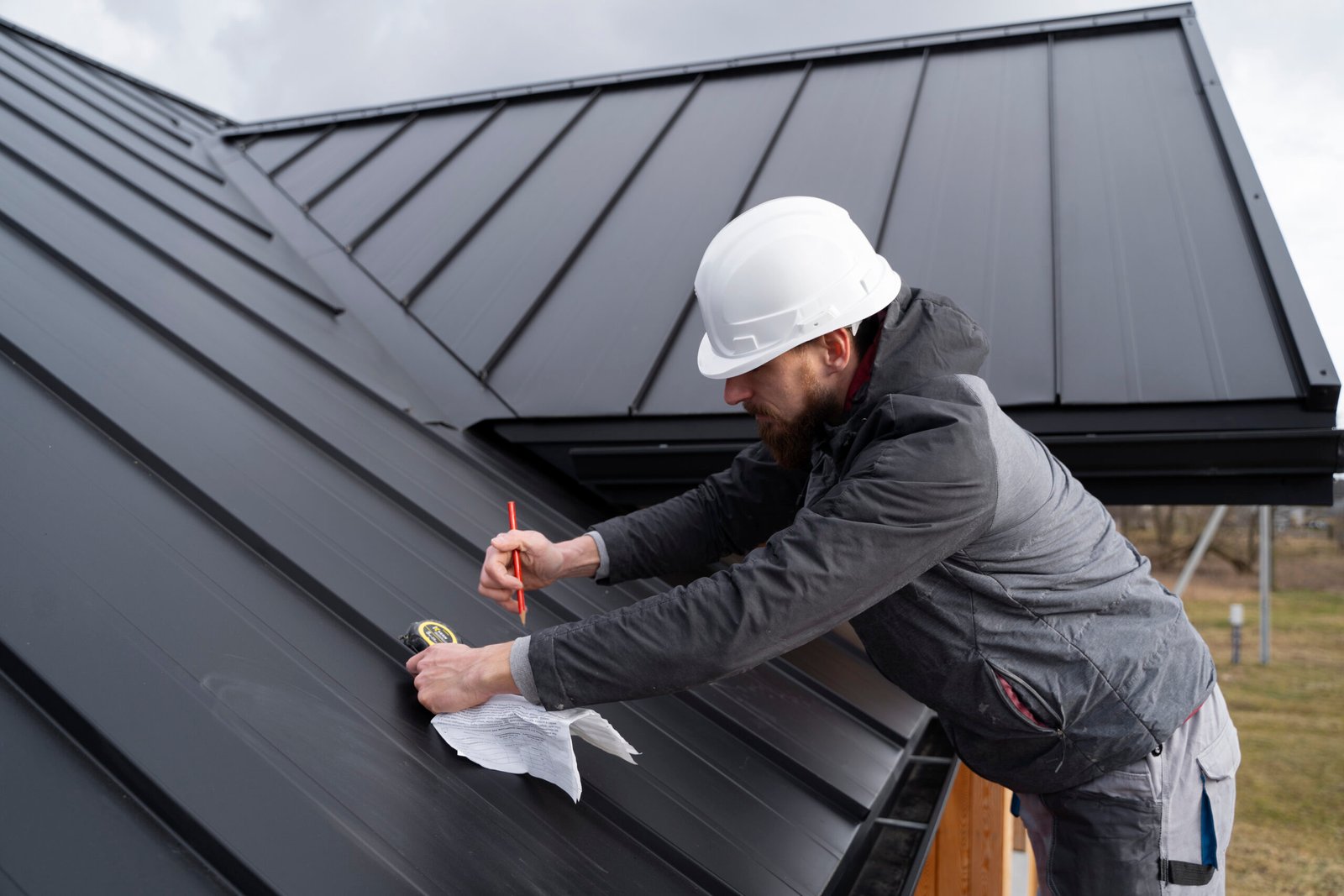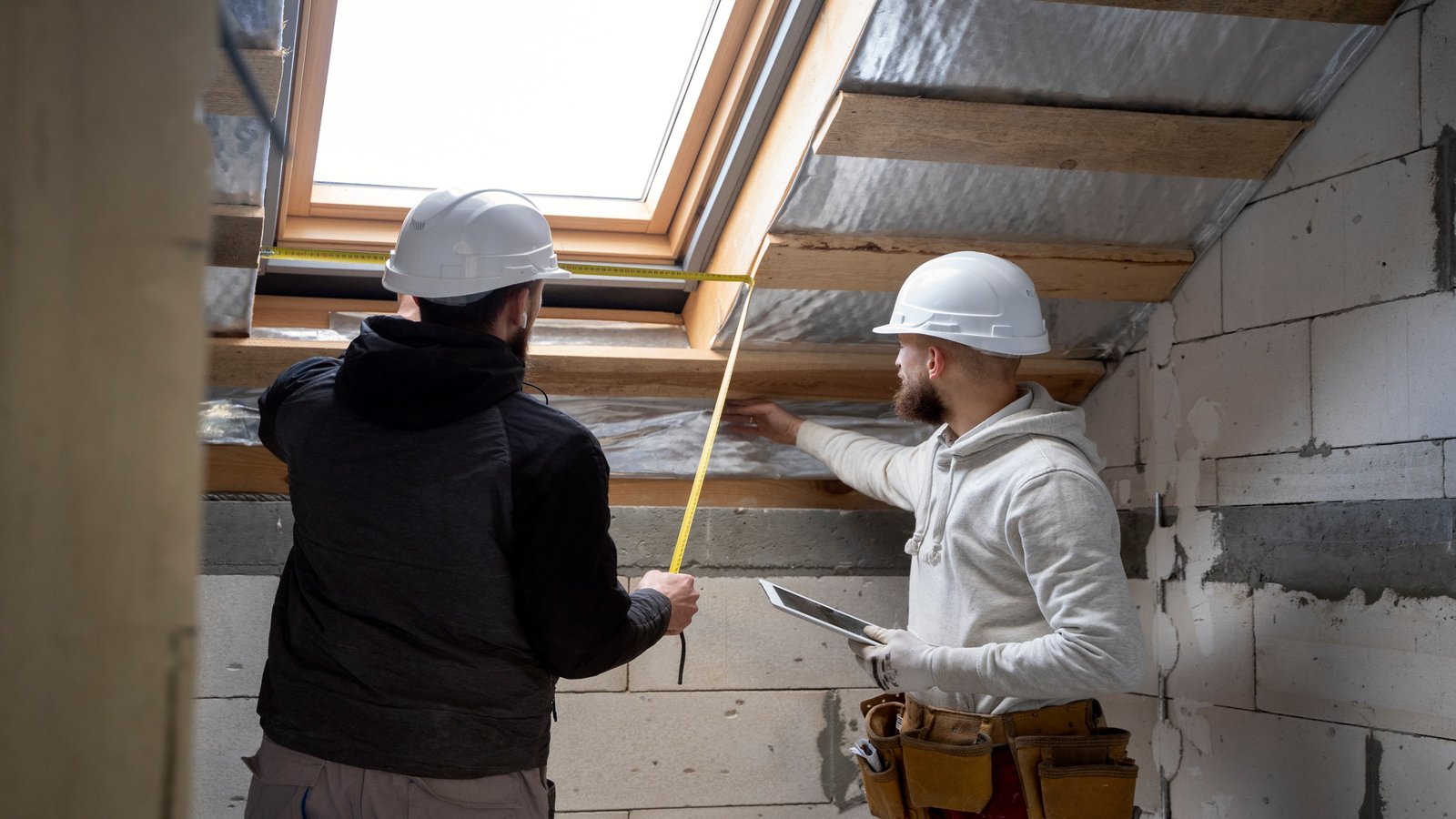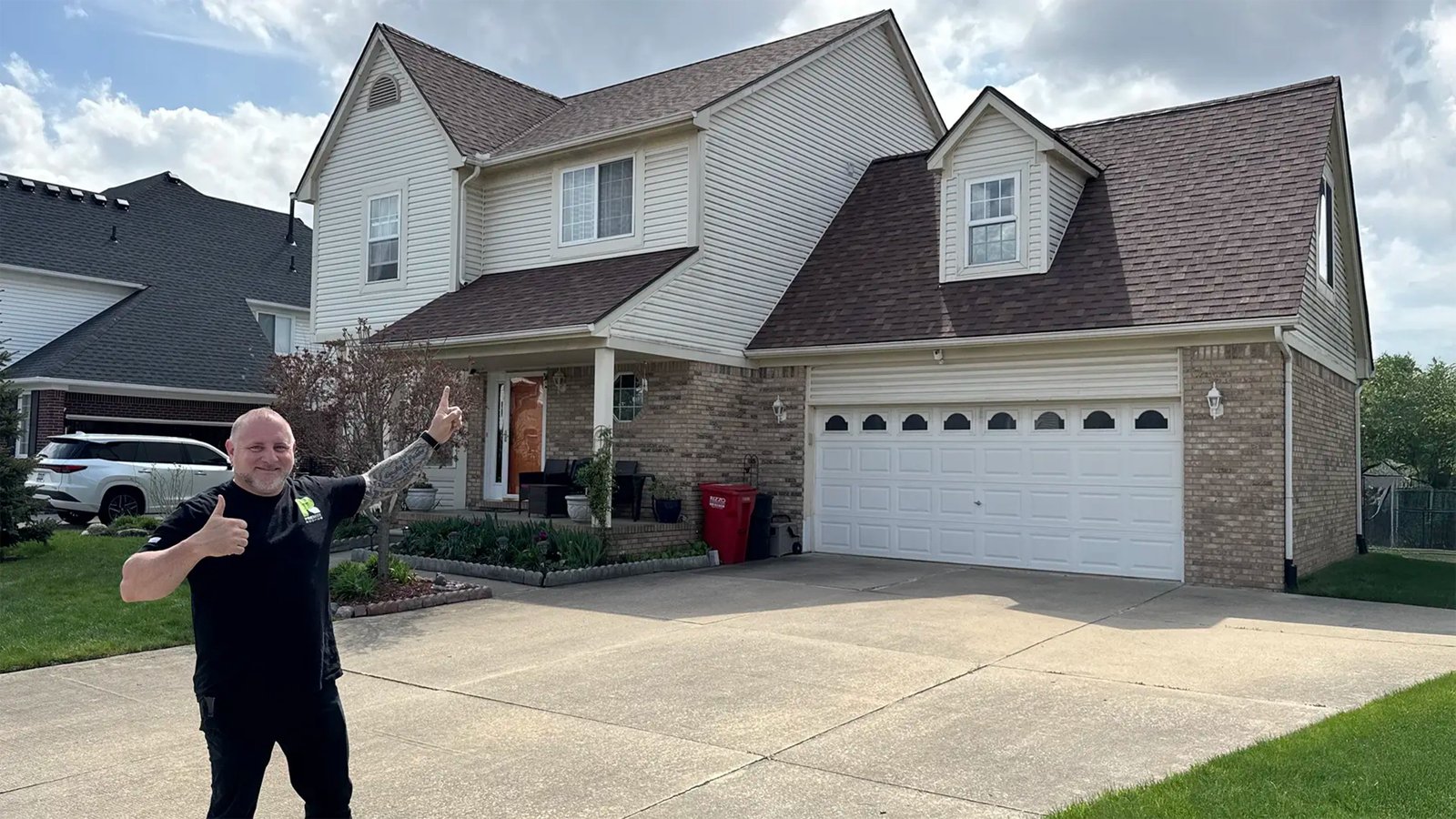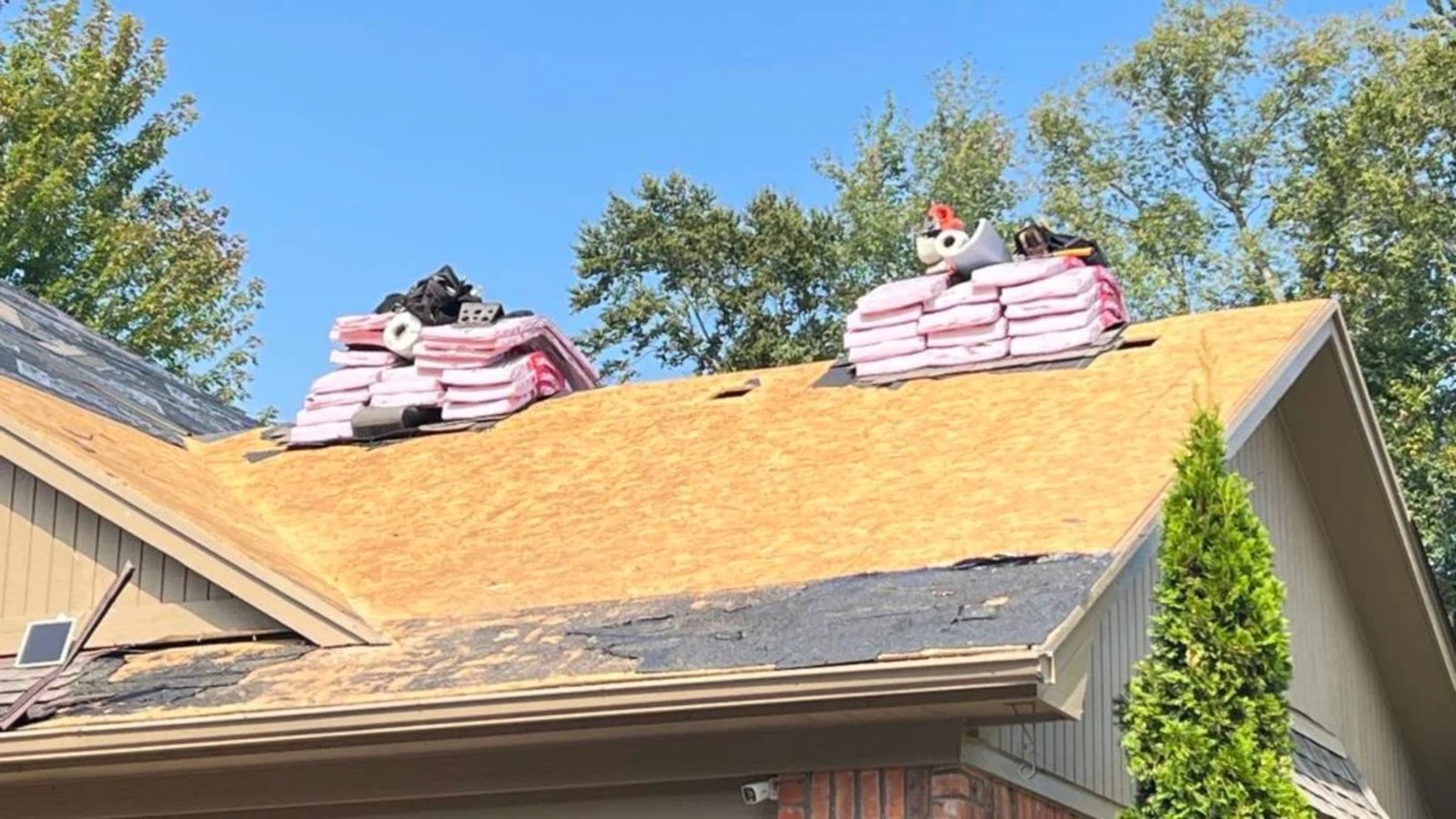When your roof starts showing signs of wear or damage, one of the biggest decisions you’ll face is whether to repair it or replace it entirely. This decision impacts your home’s safety, energy efficiency, and long-term value. A residential roof replacement service can be a major investment, but in many cases, it offers better protection and higher returns than repeated repairs.
If you’re uncertain which option is right for you, Premier Roofing and Renovations provides expert assessments and quality roofing solutions to help you make the best choice for your home.
Understanding Residential Roof Replacement Services
A residential roof replacement involves removing your existing roofing materials down to the decking and installing new materials. This service often includes a thorough inspection of the underlying roof structure, replacement of any damaged sheathing or underlayment, and installation of new shingles, flashing, and ventilation systems. Homeowners can choose from various materials such as asphalt shingles, metal panels, clay tiles, or synthetic options, each offering unique durability, style, and cost considerations. The average replacement project takes one to three days, depending on the size of your home and weather conditions.
Roof Repair vs. Roof Replacement – The Key Differences
Feature/Aspect | Roof Repair | Roof Replacement |
Scope | Fixes specific damaged areas | Replaces the entire roof system |
Cost | Lower upfront cost | Higher upfront cost |
Longevity | Temporary solution; underlying issues may persist | Long-term durability (20–50 years depending on materials) |
Maintenance | May require repeated repairs over time | Minimal maintenance needed for years |
Impact on Home Value | Minimal effect | Can significantly increase home resale value |
Structural Concerns | May not address underlying structural issues | Ensures full structural integrity |
Ideal Scenario | Minor leaks, isolated shingle damage, new roof | Widespread damage, aging roof, frequent leaks |
Signs You Need a Roof Replacement, Not Just Repairs
You may need a replacement if your roof is over 20 years old and showing widespread wear, if leaks keep occurring despite multiple repairs, or if you notice sagging areas or rot in the roof deck. Severe damage from storms, hail, or high winds, as well as shingles that are curling, buckling, or missing across large sections, are also indicators that a full replacement is necessary. In general, if more than 25–30% of your roof is damaged, replacement is often more cost-effective than continuing with patchwork repairs.
Cost Considerations & ROI for Homeowners
The cost of a residential roof replacement varies depending on roof size, materials, and location. Nationally, homeowners typically spend between $8,000 and $15,000. Investing in quality materials and professional installation, however, can pay off in reduced maintenance costs, lower energy bills due to improved insulation, and increased resale value, often recouping 60–70% of the investment. In some cases, insurance may cover part of the cost if the damage results from a covered peril, such as hail or windstorms.
Benefits of Choosing a Full Roof Replacement
A full roof replacement offers several advantages. Modern roofing systems provide improved energy efficiency with better insulation and reflective properties that lower utility bills. Safety is enhanced as a new roof eliminates leaks, mold growth, and structural weaknesses. Curb appeal is also improved, as fresh roofing materials can transform your home’s appearance. Additionally, most replacements come with long-term warranties, giving homeowners peace of mind.
When Roof Repair is the Smarter Option
In certain situations, repairs may be sufficient. Minor leaks caused by damaged flashing, missing shingles in isolated areas, or damage limited to one slope of the roof can often be fixed without a full replacement. Repairs are ideal if your roof is relatively new and structurally sound. However, repairs on an aging roof may only delay the inevitable need for replacement. Working with an experienced contractor like Premier Roofing and Renovations ensures you receive an honest assessment of whether repair or full replacement is the most cost-effective long-term solution.
How to Choose the Right Roofing Contractor
When hiring a roofing contractor, it is essential to consider licensing and insurance, ensuring you hire a certified and insured professional. Experience matters, so look for contractors with a strong local reputation and portfolio of completed projects. Warranties for both materials and workmanship should be provided, and transparency is key—a trustworthy roofer will provide detailed estimates and clear timelines.
Maintenance Tips After a Roof Replacement
To extend the life of your new roof, schedule annual inspections to identify and fix minor issues early. Keep gutters clean to prevent water backup, remove debris such as branches and leaves from the roof surface, and trim overhanging tree limbs to avoid damage during storms.
Conclusion
Your roof is your home’s first line of defense. Choosing between repair and replacement depends on the extent of damage, your budget, and long-term plans for your property. By consulting an experienced roofing contractor, you can make a confident, informed decision that safeguards your investment.
If you’re ready to protect your home with a reliable, high-quality roofing solution, contact us today schedule your professional roof inspection.
1. How long does a residential roof replacement take?
Most roof replacements take 1–3 days, depending on the roof size, materials, and weather conditions.
2. Is it better to repair or replace a leaking roof?
If the damage is localized and your roof is relatively new, repairs may be sufficient. However, widespread leaks on an older roof often require a full replacement.
3. What is the average lifespan of a new roof?
Asphalt shingle roofs last 20–25 years, while metal, tile, and slate roofs can last 40–70 years with proper maintenance.
4. Will my insurance cover roof replacement?
If the damage is caused by a covered peril such as hail, wind, or fire, your homeowner’s insurance may cover part or all of the replacement cost.
5. How do I choose the right roofing material for my home?
Consider your budget, climate, desired lifespan, and aesthetics. Consulting with a professional roofing contractor can help you select the best option.




